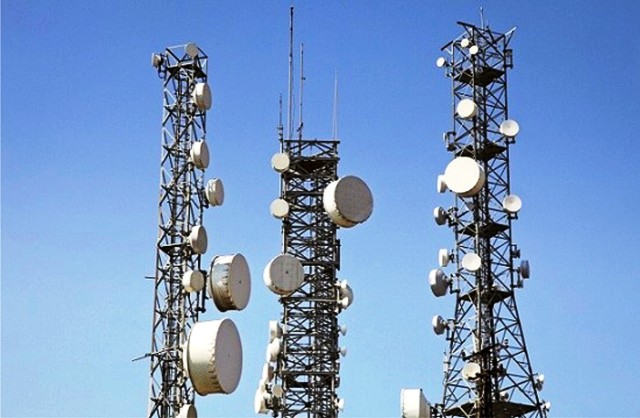Business
Nigeria’s Telecom Records Zero FDI

The Nigerian Communications Commission (NCC), said Nigeria has recorded zero capital importation or Foreign Direct Investment (FDI) in the telecoms sector.
Quoting figures for last 2021, the NCC stated that in 2020, it was $417,481,615.30 against $942, 863,833.96 recorded in 2019.
This, it said, translates to a decline of 55.7 per cent in capital importation yearly.
The decline was largely attributed to the outbreak of the COVID-19 pandemic that distorted global businesses and impacted businesses negatively, by the operators.
NCC’s document showed that FDI into the telecoms industry in 2021 was $417,481,615.30 against $942, 863,833.96 recorded in 2019, showing that the industry recorded zero FDI during the whole of last year.
Meanwhile, while the telecom operators blamed the decline in 2019 on the outbreak of COVID-19 pandemic, no reason was given for the zero record of FDI for the whole of last year.
In the same vein, capital expenditure (CAPEX) or domestic investment stood at N408, 151,627,158.62 in 2020 based on submissions from responsive licensees.
The report said CAPEX investment declined by 18.62 per cent due to probable challenges of the global pandemic in 2020.
Operating cost (OPEX) reported was N1,720,547,371,856.01 as at last December while CAPEX stood at N1, 124,116,990,000 as at the end of last year based on submissions from licencees.
Transport
Automated Points Concession : FAAN Workers Gave 72hrs To Revise Decisions In PH

Transport
FAAN Announces Pick-Up Points for Go-Cashless Cards

Business
Fidelity Bank To Empower Women With Sustainable Entrepreneurship Skills, HAP2.0
-
Politics3 days ago
2027: NIGERIANS FAULT INEC ON DIGITAL MEMBERSHIP REGISTER DIRECTIVE
-

 Environment3 days ago
Environment3 days agoLAWMA Director Says Sweeping Reforms Have Improved Waste Collection
-
Politics3 days ago
LP Crisis: Ex-NWC Member Dumps Dumps Abure Faction
-

 Politics3 days ago
Politics3 days agoUmahi Dismisses Allegations On Social Media, Insists On Projects Delivery
-

 Sports3 days ago
Sports3 days agoAbia Not Sure To Secure continental Ticket
-
Sports3 days ago
La Liga: Yamal Records First Career Hat-trick
-

 Sports3 days ago
Sports3 days agoCity Survive Leeds’ Challenge At Elland Road
-
Politics3 days ago
NATASHA ELECTRIC VEHICLES INITIATIVE IN KOGI CENTRAL

